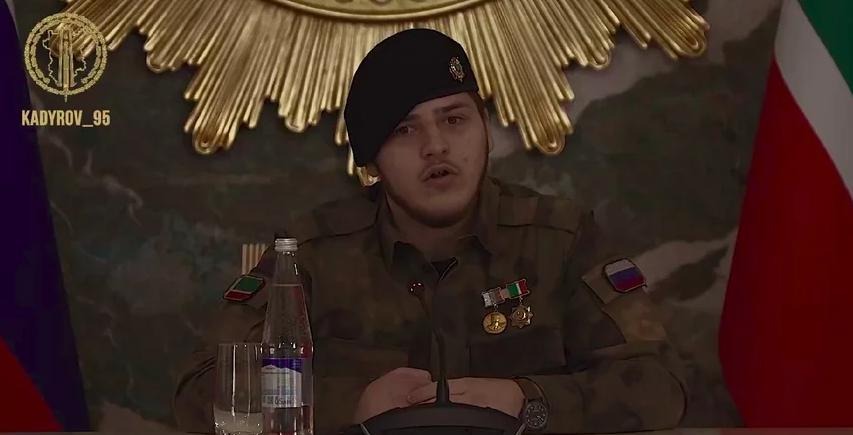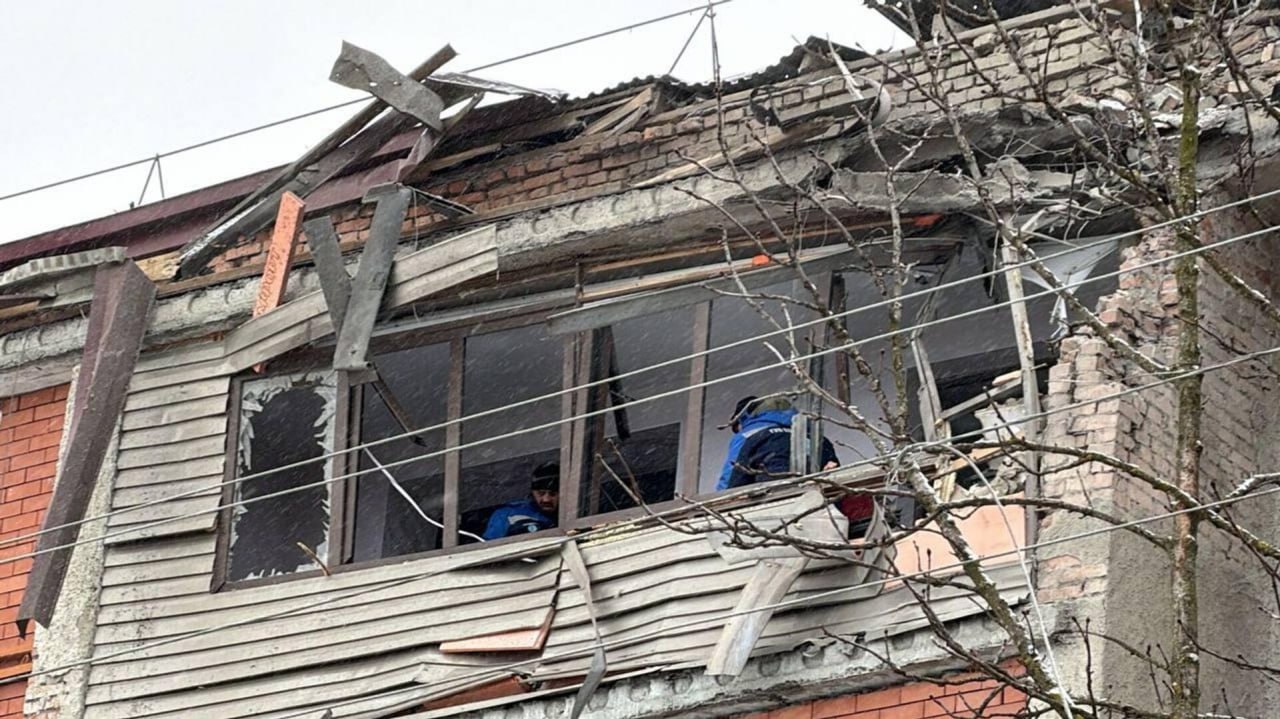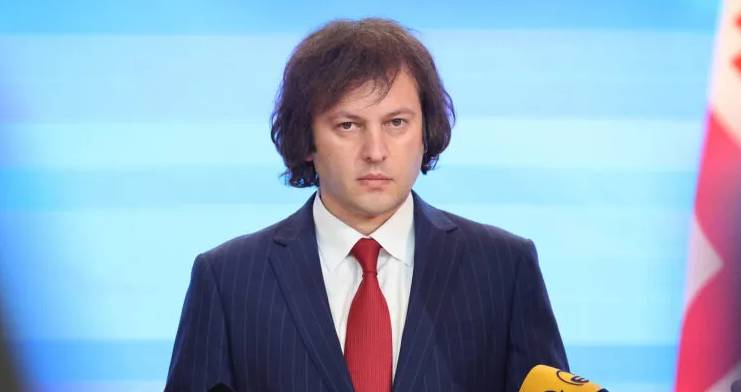Two days after media and Telegram channel reports of an accident involving the son of Chechen leader Adam Kadyrov, official sources have provided no information on the matter.
On January 19, the European Court of Human Rights issued a decision in the case of the death of Chechen-Kist Temirlan Machalikashvili during a special operation in the Pankisi Gorge in 2017. The court declared the investigation into the case ineffective and awarded his family 25 thousand euros in compensation.
The special operation of the Georgian security forces on December 26, 2017, as reported, was aimed at detaining the accomplices of another Chechen from Pankisi, Akhmed Chataev, killed a month earlier in Tbilisi, whom the Georgian special services considered one of the leaders of the terrorist organization “Islamic State”. Special forces detained several people who were later convicted of aiding terrorists. 19-year-old Temirlan Machalikashvili Temirlan Machalikashvili was seriously wounded in his home and two weeks later, without regaining consciousness, he died in the hospital.
According to the security forces, he tried to detonate a grenade. The parents of the murdered guy claim that the young man was shot dead in bed.
“They broke into his place and killed him as he slept in his bed, but then they saw his son’s diploma, read Machalikashvili’s surname and realized that they had killed the wrong person. The security forces realized that they had committed a serious crime and began to destroy evidence. They locked us in and did not allow us to leave for three hours. They came up with the idea of putting a broken lemon in his hands. There were no Tamerlane's fingerprints on it. There was not a single drop of blood on this lemon, and the bed, telephone and headphones were covered in blood,” the father of the murdered man, Malkhaz Machalikashvili, told the Kavkaz.Realii publication.
The OS Media publication wrote about a considerable number of violations committed by the investigation. Thus, in the early stages of the investigation, in violation of the procedure established by law, instead of the prosecutor’s office, the State Security Service was involved in collecting evidence, thereby violating the fundamental principle of institutional independence and creating a direct conflict of interest.
As a result, the publication noted, the authenticity of the evidence that was published by the State Security Service became questionable, as did the official version of events itself presented by the State Security Service.
“The single most important piece of evidence that fell into the hands of the State Security Service and then disappeared was the grenade. The State Security Service claims: when their employees burst into the room, Temirlan had a grenade in his hands, and he was going to use it against the State Security Service employees,” recalls OS Media.
The investigation into Tamerlan's death was classified, and his relatives, with the support of the non-governmental Center for Social Justice, appealed to the European Court.
The ECHR did not refute the authorities' version, but recognized that the state failed to ensure an effective and thorough investigation into the circumstances of Machalikashvili's death, and therefore the Georgian authorities must pay the applicants 10 thousand euros in compensation for moral damage and 15 thousand euros in compensation for expenses.
The decision of the European Court will become the basis for re-opening and investigating the case at the national level, according to lawyers from the Center for Social Justice.
Malkhaz Machalikashvili intends to achieve an objective investigation into the death of his son and punishment of those responsible. For almost three years he held a picket near the Georgian parliament building, spending the night in a tent. According to him, representatives of the Georgian authorities first tried to bribe him, then intimidate him. In 2019, they even tried to accuse him of preparing an attack on the building of the Georgian security service.



